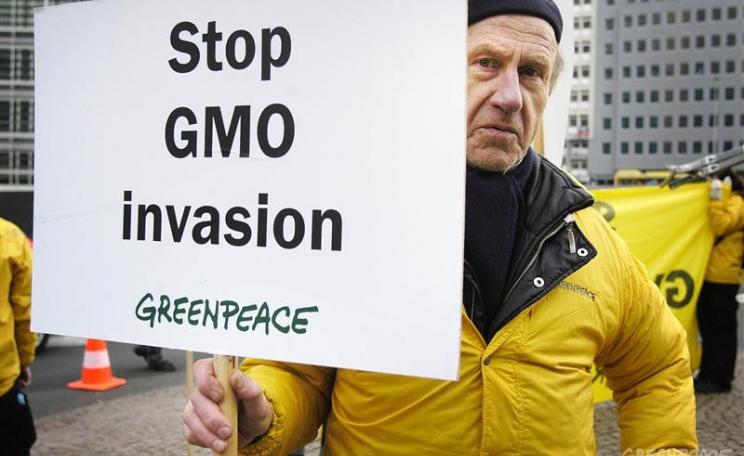Most of what we talk about is predictable: climate change, land use, peak energy, food security, government deception, media superficiality, corporate lobbying, waste (physical as well as spiritual). But occasionally the arguments go off at an apparent tangent.
Not long ago a colleague and I had a very vocal disagreement about Gok Wan, the fashion stylist and TV presenter who gives women tips on looking good in the buff. The thrust of my colleague’s argument was that, for all his foppish blitz and bling, Gok Wan was a good thing; that when people feel better about themselves they take better care of themselves, and by extension their families, communities and the planet.
My argument – and not surprisingly I still stand by it – is that there is a Titanic difference between posing naked and being naked. Thus it is with so many of our current efforts to save the planet.
‘Why isn’t the Ecologist more vocal about the plastic bag issue?’ I was asked recently. Well, in part it is because we have been banging away about the stupidity of plastic bags – plastic everything, really – for years before it became a popular newspaper campaign, complete with identifiable slogans and logos. But also because there truly are bigger issues a stake then what we bring our shopping home in.
A recent report by the WWF, ‘Weathercocks and Signposts’, summed up the problem. It suggested that mainstream approaches, or rather marketing approaches, to tackling environmental threats will generally fail because they are built upon product marketing campaigns that do not have the power to create behaviour change. It is only in an atmosphere of real engagement with the values that inform our decisions and our ingrained habits that change can occur.
In far too many respects we continue to tinker at the edges of the real change, to give disproportionate and unquestioning celebration to small steps forward, and pour scorn on those who stick their heads above the parapet and dare to say that the arguments are simply bigger and more complex than that.
Where is the popular outrage over the way GM is being snuck in under the consumer radar, the way biotech companies are rebranding genetic modification as a win-win solution to climate change, world hunger and even the global rise in food allergies?
Where are the groups that should be massing on Westminster, shouting about the way the Government is wriggling out of its obligation to renewable energy and spinning nuclear as the eco alternative of choice? Honestly, it can be hard to get excited about plastic bags when faced with the stark reality that Kingsnorth power station –one of the Government’s great hopes for the UK’s future energy security and site of this summer’s Climate Camp protests – will waste half the energy it creates burning a filthy source of fuel and pump eight million tonnes of CO2 into the atmosphere every year.
This month’s Ecologist is a very full read. At one end of the green spectrum we look at the tidal wave of greenwash that threatens to overwhelm us as manufacturers vie for the profit to be made from our ethical spending. Such profits pale into insignificance, however, compared to the billions that companies and market traders are making out of the carbon market – though the benefit to the climate from this frenetic activity has yet to be demonstrated. Has the global situation got so bad that we need to protect the environment at gunpoint? See here and decide for yourself.
We must take a more robust approach to tackling our problems. Want to save the world? Then, as a very dear friend of mine would say, ‘work harder’. After all, there’s a big difference between posing green and being green.
This article first appeared in the Ecologist June 2008







